Disney has recently spoken out against a newly signed law in Florida and it has caused quite the outrage among many parents. The Florida law, called Parental Rights in Education, has been renamed by opponents as the “Don’t Say Gay” law. The purpose of the law is to prohibit schools from instructing on sexual orientation and gender identity to children in kindergarten through 3rd grade. For children beyond 3rd grade, the discussions must be “age appropriate.” The bill allows parents to sue the schools if they believe their children have been instructed inappropriately.
Many from the LGBTQ+ side have protested against this law, bemoaning how it can restrict the discussion of issues like same-sex marriage, the AIDS epidemic, or even LGBTQ+ historical events, like the bombing of the gay club in Orlando in 2016. There is the fear that children cannot openly discuss their LGBTQ+ family situations either. What should a teacher do if asked a question about these things?
While I am curious how often those subjects are coming up in kindergarten through 3rd grade classrooms, there is definitely a way to discuss those things without explaining in full the sexual aspects of LGBTQ+ activity. But one response a teacher can always give is the child should ask their parents, especially if it is centered around sexual subjects.
The larger question at hand is it is appropriate for a public school, a.k.a the government, to discuss sexual things with children at all? Somewhere our society has lost its perspective on protecting the innocence of a child in order to fight for a political agenda for adults.
What the LGBTQ+ group has failed to see is that parents would be equally outraged by inappropriate discussions of heterosexual activity. I’m sure Florida parents don’t want discussions centered around adultery, pornography, prostitution, or sexual promiscuity in general. Somewhere parents don’t want children exposed to things that destroy their innocence – whether heterosexual or homosexual.
Rather than seeing this as a protection against inappropriate exposure of children to sexual subjects, Disney employees focused only on their offense at the LGBTQ+ nature of the bill. They pressured Disney to use their influence to take a stand against this legal measure. After the bill was signed into law, Disney issued the statement: “[This bill] should never have passed and should never have been signed into law…Our goal as a company is for this law to be repealed by the legislature or struck down in the courts, and we remain committed to supporting the national and state organizations working to achieve that. We are dedicated to standing up for the rights and safety of LGBTQ+ members of the Disney family, as well as the LGBTQ+ community in Florida and across the country.”
Clearly, there has been outrage from the LGBTQ+ community about the law, but now there is outrage from parents at Disney’s stance on the law. While no one is really surprised about the LGBTQ+ response, in a way it is baffling that people are surprised with Disney. I mean, is it really shocking that Disney took the stance that it did? They dedicate their parks to the LGBTQ+ community every June for Gay Pride month. Can we really be surprised to learn that Disney’s priority is not providing a biblically sound worldview for our children?
If this response from Disney was unexpected from parents, then they have not been paying attention to what their children are exposed to anyway. Opposing the government’s educating children on sexuality, yet allowing Disney and any other entertainment industry to fill that role is quite the irony. People may take a stand against government education when they see the curriculum being required for sex education (just browse through California’s if you want to truly be outraged), but at the same time they are streaming it into their homes on their children’s personal electronic devices.
Granted, it may not be as graphic as what is being taught in California public schools, but it is nonetheless presenting our children with a very unbiblical worldview. It is subtle yet equally effective. It goes back to as subtle as Disney’s Jungle Book singing about evolution in 1967 to as blatant as the Disney/Pixar short film Out in 2021 about a man coming out to his parents as being a homosexual. (This was the third Pixar production to have LGBTQ characters, including Toy Story 4, which showed two lesbian mothers dropping off their child at kindergarten, and Onward, where a character refers to her girlfriend.)
However, it isn’t just protecting our children from LGBTQ+ subject matters that should be our focus. When our children watch shows that promote disrespectful attitudes toward adults or rebellious attitudes toward parents, they are being taught to disregard authority for their own desires. When they watch characters speak hatefully to one another and getting laughs by ridiculing another, they are influenced to treat others callously, instead of showing love to others. When they consume movies that tell them to “follow their hearts,” they are influenced to do what “feels” right to them, instead of obeying God.
They hear the laugh track play for a character that always talks back to their parents. They see plot lines where the parents are shown as bumbling idiots. They watch characters be rewarded for rebelling against authority to do whatever they want. They watch characters move from partner to partner, even if it is heterosexual in nature and not graphically depicted. They hear foul language and crude jokes and watch oversexualized characters and graphic violence.
Yet we stream this into our homes and allow those things to have more influence on our children than God’s Word. How many more hours of that entertainment do they consume than hours of seeing biblical values modeled for them? And more importantly, why do we feel it is necessary to keep them entertained with such things? Would they really miss out on life if we skipped over these shows? What if we just turned the screens off for a bit?
We must be more discerning about what we let our children consume through media on a regular basis. We are hopefully that discerning when it comes to their diet. We wouldn’t let them sit on the couch and eat chocolate cake for several hours every day. We know that isn’t healthy for them. Yet we let them consume those things that are in direct contradiction to what Paul reminds us of in Philippians 4:8, and it is equally unhealthy for them.
Paul says, “Finally, brothers, whatever is true, whatever is honorable, whatever is just, whatever is pure, whatever is lovely, whatever is commendable, if there is any excellence, if there is anything worthy of praise, think about these things.” The implication is to not think on things that are untrue, dishonorable, unjust, impure, unlovely, not commendable, have no excellence, are not praiseworthy.
Which list better describes the things you and your children watch? We are consuming those things that add no value to our lives. We are feasting solely on things that are unlovely, impure, and not praiseworthy.
I was discussing this with my children one day and I gave them this analogy. I asked them each what things really hurt them the most. One said it was when other kids make fun of him. So I said, “What if I told you that I love you, but then I spent all day watching videos of people making fun of you? I laughed along with them. I gave them money to keep ridiculing you. Could I really still love you if I enjoyed those things that hurt you?”
We may say that we love God, yet we fill our minds with the things that hurt God’s heart. Can we really love God and delight in the things that grieve God?




